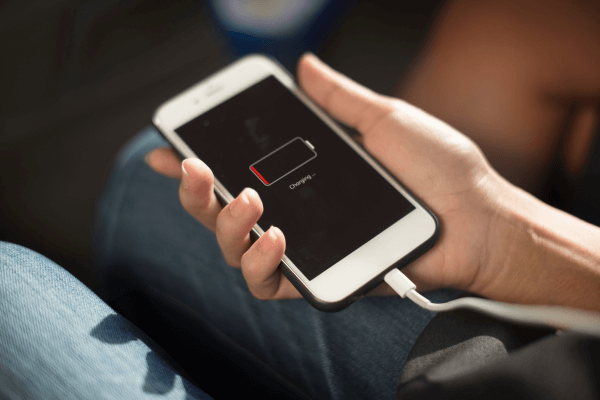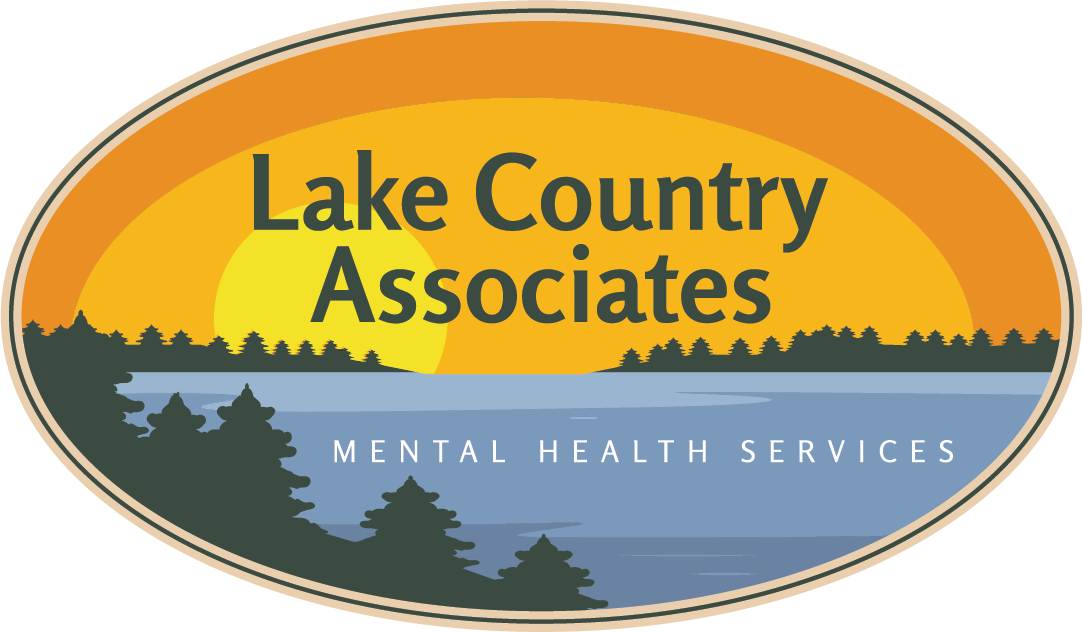By Diane Cerven, LPCC
In previous posts, we talked about calming our emotions using different coping skills such as: deep breathing, distraction skills, and grounding skills. In the last post, we talked about how taking care of ourselves and how addressing our basic needs helps our ability to handle our emotions. We all have times when we have not slept well or have not been eating right. Because we are not taking care of ourselves, we are grumpy, irritable, and just plain emotionally reactive. Unfortunately, our lack of emotional control often happens when we are with our loved ones. It can happen anywhere and can result in our overreacting to changes, not being able to stay calm to problem solve, fighting, etc. Everything, everyone, everywhere, becomes just too much and we can feel like we are running on empty.

The best way for long-term consistent recharging of our batteries is daily self-care.
Metaphorically, we are all batteries with only so much energy to spend before we need to recharge. As we spend our energy throughout the day, we have less to give to tasks, family, etc. Most of us spend a lot of energy at our work (including stay at home jobs like cleaning and taking care of things) and then we have to take care of our families, friendships, homes, projects, and still have time for community activities. Unlike modern batteries, we can’t give 100% of the power we have until it’s gone, then recharge quickly. If we are not taking care of ourselves and fully recharging our batteries, we start our day with much less energy and run low quickly with little opportunity to recharge. The best way for long-term consistent recharging of our batteries is daily self-care.
Put yourself as a priority in your life so that you can tackle each day starting at 100%, then the things that once felt overwhelming can seem more manageable. You’ll be able to handle the heavy emotional situations better; even your coping skills will work better, all because we have the mental and physical energy to deal with them.

Exercise
For mental health diagnoses like depression, anxiety, trauma, and anger exercise can help. Not only can it help, it is one of the most important recommendations for self care. For people with depression, getting exercise helps to alleviate symptoms by giving you feel good endorphins and getting your mind on something else. For anxiety, exercise has been shown to help more than anxiety medication. One study I heard about said that exercise is better than exercise and anxiety medications combined. I find that stunning. Getting active helps burn off excess adrenaline and cortisol that contributes to angry feelings. In its place, it leaves feel-good emotions and gets your mind on something positive. Exercise keeps our bodies healthy, which in turn helps our mental health. In all, exercise is a great way to help our emotional health.
If you’re like me when you hear the word exercise you think of endless push-ups and jumping jacks or those infomercials with the totally fit people easily working out to outrageously named programs promising quick fitness. It may also bring to mind long hours in the gym or dreaded PE class games. But to get the benefits to exercise, it only requires that you get up and move. Do something fun, go for a walk, play an active game with your kids. It’s important to get your heart rate up to a beneficial level, not too fast but faster than resting rate. There seems to be controversy about how long but I can say that too much exercise will have the opposite effect. No more than an hour s best. Of course, doing something at a leisurely pace for longer could be okay. Listen to your body. After an hour, we are causing stress on our body and that’s not the point of this, it’s about self-care not self-torture. That’s also why you want to pick something that you’ll enjoy. At first, anything may seem a bit like torture, especially if you’ve been very inactive, but it doesn’t take long for you to start feeling the positive benefits of exercise.
Some Ideas for Getting More Exercise:
- Go for a walk. You can park your vehicle in a distant parking spot and walk in. Use headphones when talking on your phone and walk around during the conversation. Hiking or walking in nature gives you the peace of the outside along with your exercise.
- Use the stairs instead of the elevators. If you have stairs in your home take extra trips up and down them.
- There are exercise programs on video games that are fun to do and you can do them as a family or on your own.
- Let’s not forget YouTube. For some fun inside winter walking try the 1 mile happy walk. You walk in place to upbeat music and an upbeat coach. There are even dance routines you can try. There are many types of exercises and activities available. Find what you like and what you enjoy doing, that’s what is important.
- Playing basketball, soccer, catch or Frisbee, golf, Frisbee golf, hockey, football, tennis, volleyball, kick ball, any other sport I’ve forgotten. Have some fun, again with your family or your friends. Make getting together and doing self care with exercise a priority.
- Skateboarding, skating, swimming, bicycling, scooter, skiing (cross country or downhill), kayaking, canoeing or paddle board, yoga, Pilates, running, track, archery, horseback riding, and many more that I can’t think of right now.
- How about being a kid again? Hula hoop, jump rope, playing in the sprinklers, Twister, chase, trampoline, rake up the leaves and jump in, build a snowman or a snow fort and have a snowball fight, hop scotch. Have some fun!
- For those who are out of shape, start small but start. That’s the important part. Do different things, do things you like, do it with others, not to sound like a commercial but “just do something”.
With depression, motivation can be a big problem but if we can have in our minds that what we’re doing is going to help us, that will help. Use positive affirmations like “I can do it”. Other things that will help are to not listen to your emotions. I know as a counselor I want to know people’s emotions and talking about them does help, but when our emotions get in the way, that’s the problem. That’s what I’ve been writing about, dealing with the big emotions so that they don’t overcome us. So, don’t fight with yourself about how you do or don’t want to do something. Instead tell yourself that you’re going to do it. No argument, it’s on your list to do. Try minimizing if you have to. Tell yourself that you’re going to do it for only 10 minutes or you are only going to go around the block one time (or one lap around the big box store if it’s too cold to walk outside). Chances are that once you start moving, you’ll keep moving. If after your 10 minutes or 1 lap you are done, that’s ok too. It’s a start, and we all start where we are. We can choose to move from here to our next place or to stay the same. Either way it’s a choice and small changes can lead us to big changes in our physical and mental health. We just need to take that first step, however small, and then keep adding to it.
Need More Help?

Coping and self care skills are helpful ways of dealing with our emotions. Mental illnesses like depression, generalized anxiety, trauma, eating disorders, OCD, etc. may need help from a qualified Mental Health Professional. If you need more help, we’re here for you. To schedule a counseling appointment, call us at 218-366-9229 (Park Rapids) or 218-444-2233 (Bemidji). For those interested, I offer Christian counseling out of the Park Rapids office. Please let our office support staff (and me) know that you are interested in Christian counseling. Please check out our staff bios here.
Blessings,
Diane Cerven, LPCC
Read
Want to read more about distraction skills and mental grounding skills?
